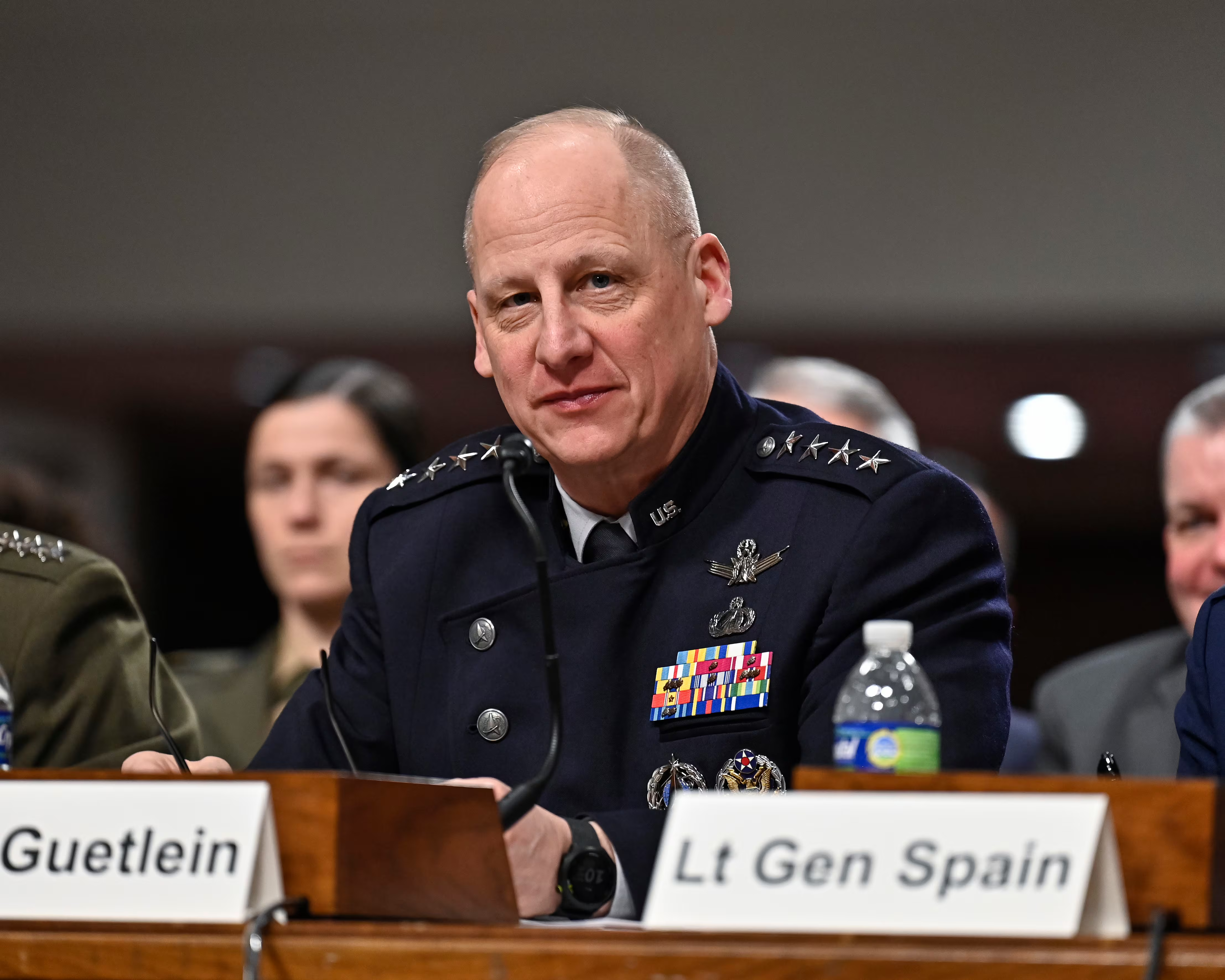WASHINGTON — Last weeks' terror attacks in Paris are unlikely to have much direct impact on the defense market. But taken as part of a larger view of an increasingly dangerous world, they fit into a pattern that could lead to an increase in the overall defense budget.
The attacks , which started with a Jan. 7 assault on satirical newspaper Charlie Hebdo that left 12 dead and culminated in the gunmen being killed by French forces two days later. SENTENCE MISSING, fixed
Richard Aboulafia of the Teal Group said that the Paris attacks fit into the larger narrative, including Russia's invasion of Ukraine and the sudden threat from the Islamic States, that the world remains a very dangerous place.
That leads to greater pressure on members of Congress and the Obama administration to continue to invest heavily in defense, and perhaps work to reverse budget cuts resulting from the Budget Control Act. That is a political change from recent mindsets, when budget hawks seemed to gain the upper hand over defense hawks.
"You look back a year ago, or two years ago, and this was a real issue," Aboulafia said. "Then Putin and [the Islamic State] came around to remind everyone that the world is in fact a very dangerous place."
"It's part of the broader defense environment which affects both the budget and industry," Aboulafia added. "The actual actions might have impact on the margins for industry in terms of additional spares, support and munitions, but the real money is in securing the DoD topline budget."
Mackenzie Eaglen of the American Enterprise Institute concurred, noting that the "Paris attacks is a pressure point for those trying to make the case for clearer action sooner" on the defense budget.
"The world-on-fire reality is a constant reminder to policy makers that they better start talking about a follow-on budget deal to Ryan-Murray," Eaglen said. "Right now this is simply not a priority for the budget committee chairmen or Congressional leadership."
That also could play out in funding for the Department of Homeland Security (DHS), the US government agency formed after the 9/11 attacks to prevent domestic assaults.
When the Hill passed its spending bill in December, it excluded DHS, instead putting the agency under a three-month continuing resolution while the Republican-controlled Congress sought to challenge President Barack Obama's executive order on immigration.
Asked about the DHS funds days after the Paris attacks, newly re-elected House Speaker of the House John Boehner, R- Ohio, said "I don't believe that the funding of the department is in fact at risk." Meanwhile, Senate Appropriations Committee member Sen. John Hoeven, R-N.D, indicated "more has to be done" to prevent such attacks, which could potentially include an increase of funds.
Eaglen predicts a "clear link" between the attacks and DHS funding.
"Boehner is going to have a fight to stick to that [funding promise], but he will absolutely cite the Paris attack as one of the top reasons to not hold hostage a funding bill for a US government agency that is on the front lines of defeating this exact threat," she said. "That's where Paris has immediate impact on the US."
From an industry perspective, little will likely change. At an annual conference hosted by Bank of American in New York last week, the attacks were hardly mentioned by speakers.
However, Byron Callan, an analyst with Capital Alpha Partners, noted the Paris attacks could lead to a shift in France's role in operations against the militant Islamic States group, also known as ISIS.
"If these guys spent time in Syria, does that change the debate in Europe about defense spending?" he wondered. "It's bottomed out, but one or two more events like this and I think people will go 'we have a problem here.' "
France is currently taking part in anti-Islamic State airstrikes in Iraq and has provided military aid to Kurdish peshmerga forces, but has not taken part in operations in Syria. Before the terrorist attacks occurred, reports emerged that France planned to move the aircraft carrier Charles De Gaulle into the Arabian Gulf region to support anti-Islamic State efforts.
"The big question is, can you let Syria continue to fester and be a safe haven?" Callan asked rhetorically. "How long can you just go on and allow the public to accept the risk that these kind of events can continue?"
That could, in turn, lead to a boost in European defense spending that gives a jolt, albeit a relatively small one, to industry. And if more terrorist attacks along these lines occur in the region, European powers could look to invest more funding into non-traditional military assets, Callan added.
"That potentially creates another call on defense resources that benefits the companies who support the intelligence and special operations communities," he said.
France or its allies stepping up airstrikes on the Islamic States as a result of the attacks will also have little impact on industry, at least short term, both Callan and Aboulafia said, citing the relatively small dollar values of the weapons being deployed for major defense firms.
John T. Bennett in Washington contributed to this report.
Aaron Mehta was deputy editor and senior Pentagon correspondent for Defense News, covering policy, strategy and acquisition at the highest levels of the Defense Department and its international partners.








